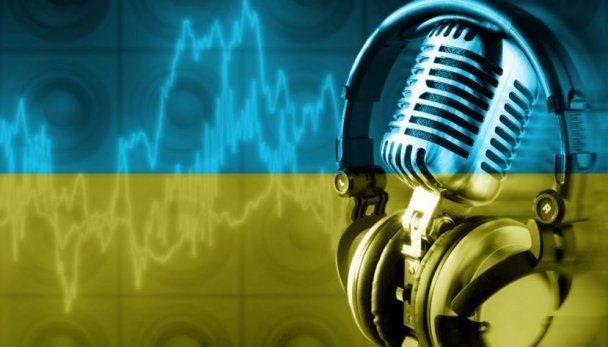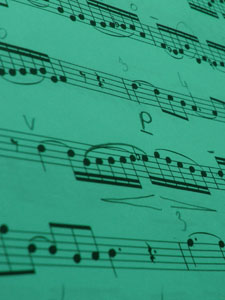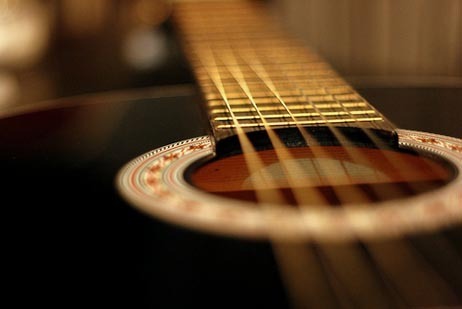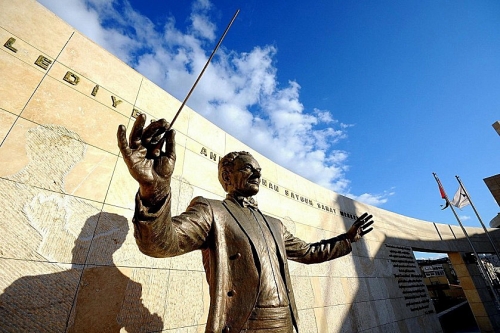created by him
Impressionism in music
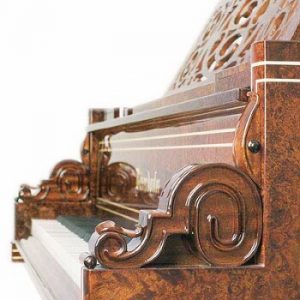 The classic expression “musical impressionism” found in the work of C. Debussy; his features also appeared in the music of M. Ravel, P. Duke, F. Schmitt, J. J. Roger-Ducas and other French composers.
The classic expression “musical impressionism” found in the work of C. Debussy; his features also appeared in the music of M. Ravel, P. Duke, F. Schmitt, J. J. Roger-Ducas and other French composers.
Debussy is considered to be the pioneer of musical impressionism, which has enriched all aspects of contemporary composing skills – melody, harmony, orchestration, form. His innovative experiments are partly inspired by the outstanding discoveries of Russian realist composers, primarily M. P. Mussorgsky. At the same time, he embraced the ideas of new French painting and symbolist poetry. Debussy has written many piano and vocal miniatures, several pieces for chamber ensembles, three ballets, a lyric opera “Pelleas and Meli-zanda”. Continue reading
